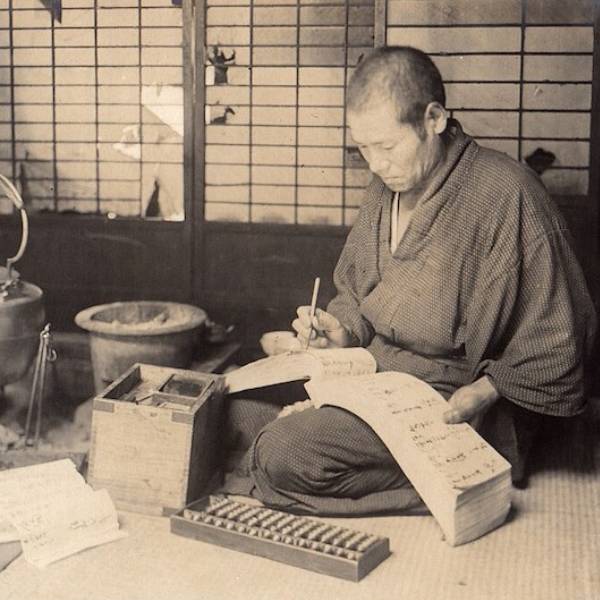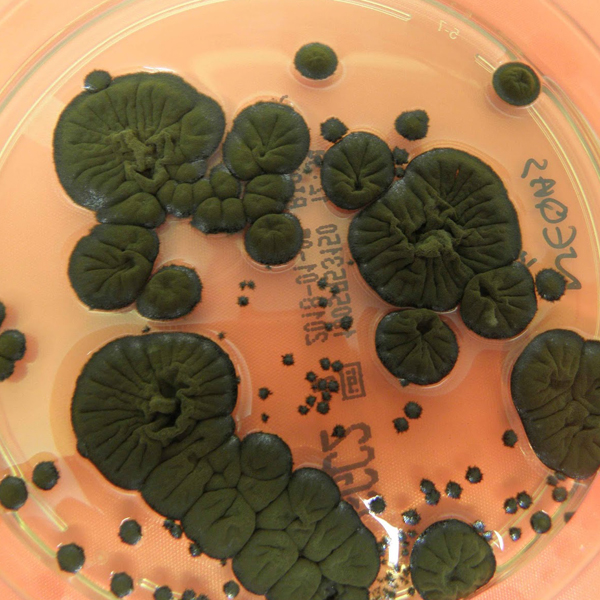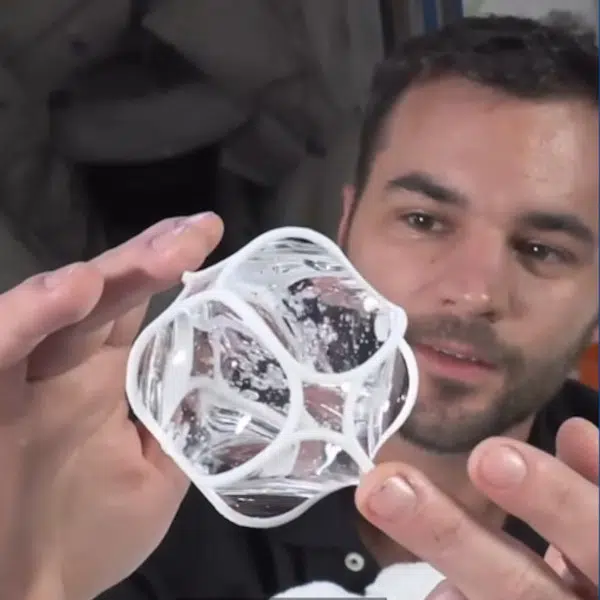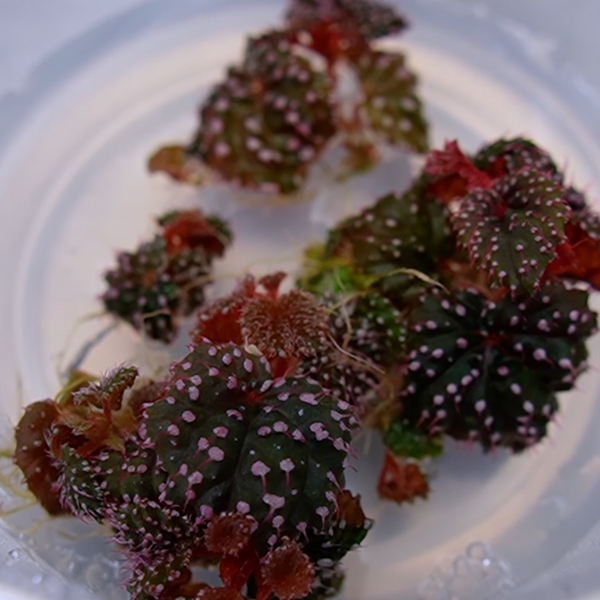
Photo: hquality/Depositphotos
Are you one of those people who can leave the house on a summer day and swear that you smell rain in the air? The world is firmly divided into two camps—those whose nose can detect when rain is on the way and those who think that capability is utter nonsense. While not everyone can smell the rain before it begins, there is actually scientific evidence that some people do possess this capability.
Those with good olfactory senses are often able to pick up a scent that has, according to Scientific American, a “sweet, pungent zing” that's been likened to chlorine bleach. This is owed to ozone, which can be emitted from things like fertilizer and paint, as well as natural sources. Ozone can be created by an electrical charge that signals an oncoming storm. Downdrafts from a thunderstorm can carry the ozone created at high altitudes down to ground level and into our noses. While humans' ability to smell ozone differs, there are people who can pick up on even slight traces and know that it's probably time to grab an umbrella.
Another term associated with the smell of rain is petrichor. This word refers to the potpourri of scents that arrives once rain has arrived. All that falling water kicks up lots of molecules that produce scents. First coined in 1964 by mineralogists Isabel Joy Bear and Richard Thomas, petrichor happens when airborne molecules from decaying plants or animals settle onto the surface of rocks. When the rain comes and hits the surface, the water droplets burst and release these scents into the air.

Photo: [email protected]/Depositphotos
Most people are also familiar with the smell of damp earth that occurs once a rainstorm has moved out. That distinct smell is due to a chemical compound called geosmin. Even though it has an earthy smell, geosmin isn't caused by dirt. It's actually a byproduct of bacteria from the genus Streptomyces.
Studies have shown that these bacteria have spores that contain geosmin, and that it's used to attract insects and other animals so that these spores will be spread over more soil. So why is the scent so prevalent after the rain? A 2015 study found that water droplets falling onto soil trap air inside. When the air causes the droplet to burst, it creates aerosols that spray out whatever scent was on the ground. These aerosols can travel quite far, so depending on the amount of rainfall, it's possible to smell quite a lot of geosmin.
So the next time someone tells you that it smells like rain, you'll now know that they're probably getting a whiff of ozone. And if someone mentions the way it smells after a rainstorm, you can impress them with your knowledge of what it is they're actually smelling.
h/t: [IFL Science]
Related Articles:
Study Suggests Body Odor Can Reveal if a Man Is Single or Not
People Are Shocked to Discover That Not Everyone Has an Inner Monologue
Did You Know That Some People Can Create a Rumbling Sound in Their Ears?
New Study Finds That Cats Know When Their Owners Are Using Their “Cat Voice”






















































































